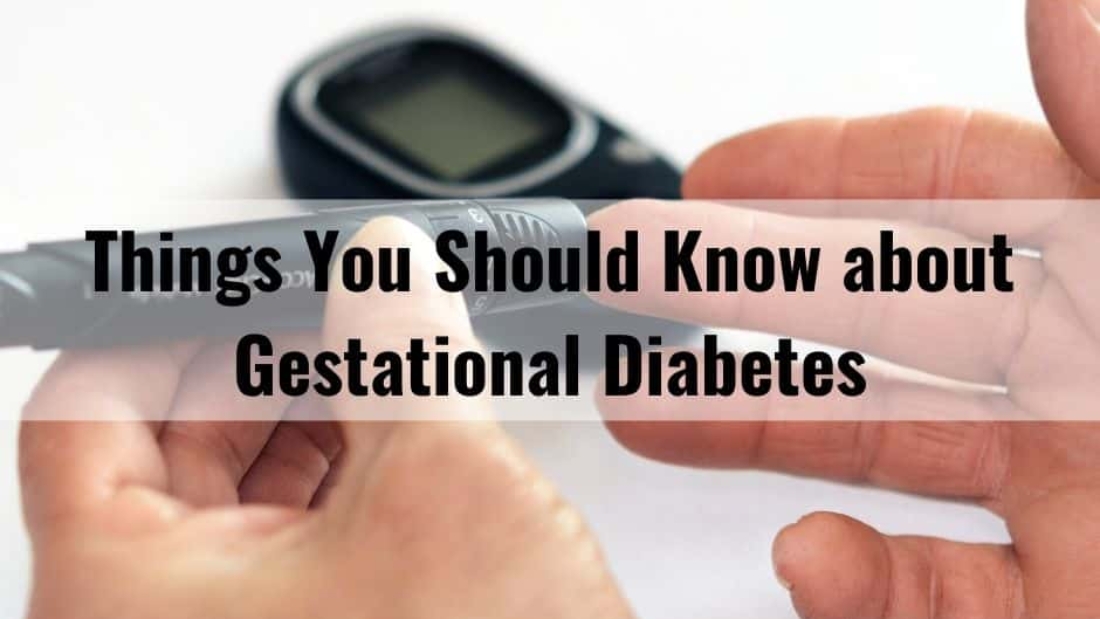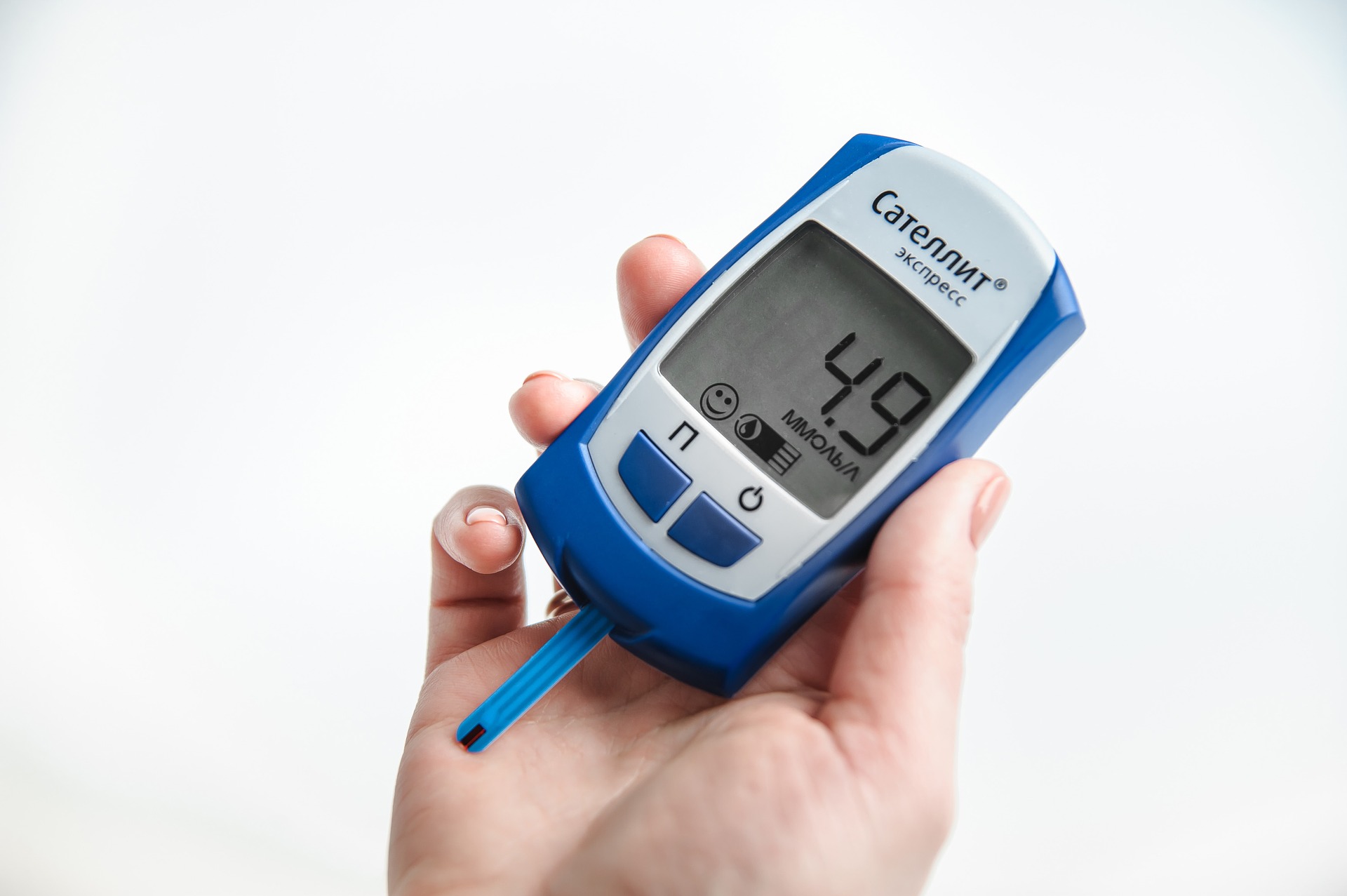Gestational Diabetes Mellitus (GDM 妊娠期糖尿病) is when you have high blood sugar during pregnancy. It means you are not able to make enough of a hormone called insulin (胰岛素). Insulin is made in your pancreases (胰腺), an organ located behind your stomach. Without enough insulin, your body can not properly use and store carbohydrate (碳水化合物 or sugar) from foods that you eat.
During pregnancy, your body makes more hormones and goes through other changes, such as weight gain. These changes cause your body’s cells to use insulin less effectively, a condition called Insulin Resistance. Insulin Resistance increases your body’s need for insulin. If your pancreases can’t make enough insulin, you will have gestational diabetes.
All pregnant women have some insulin resistance during late pregnancy. However, some women have insulin resistance even before they get pregnant, usually because they are overweight. These women start pregnancy with an increased need for insulin and are more likely to have gestational diabetes.
RISK FACTORS FOR GDM
You are more likely to have GDM if you have one or more of the risk factors below:
- Age over 35 years
- Previous pregnancy with GDM
- Previously delivery of large baby over 4 kg or 9 lbs
- Someone in your family with diabetes (Parent, brother, sister with Type 2 Diabetes)
- A previous stillbirth
- Being overweight before pregnancy or gaining too much weight during your pregnancy
- Being from a high risk ethnic group (Aboriginal, Hispanic, South Asian, Asian or African descent)
- More than one baby in this pregnancy (twins, triplets)
- Have a hormonal disorder called PCOS (Polycystic Ovary Syndrome)
HOW WILL GDM AFFECT MY BABY?
If you have high blood glucose levels because your GDM is not under control, your baby will also have high blood glucose. Your baby’s pancreases will have to make extra insulin to control the high blood glucose. The extra glucose in your baby’s blood is stored as fat.
Untreated or uncontrolled GDM can cause problems for your baby, such as
- Being born with a larger than normal body (a condition called macrosomia), which can make delivery difficult and more dangerous for your baby
- Having low blood glucose (called hypoglycemia), right after birth
- Having breathing problems (called respiratory distress syndrome)
- Having a higher chance of dying before or soon after birth
- Your baby will be more likely to become overweight and develop Type II Diabetes as he or she grows up
HOW WILL GDM AFFECT ME?
GDM may increase your chances of:
- Having high blood pressure and too much protein in the urine (a condition called preeclampsia)
- Have C-section due to large baby
- May have gestational diabetes in your next pregnancy
- Higher risk of having Type II Diabetes later in your life
Finding out that you have Gestational Diabetes can be scary. As a mother-to-be, following your management plan will help make sure you have a healthy pregnancy.
HOW IS GDM DIAGNOSED?
Screening for GDM
Most pregnant women are screened between the 24th to 28th week of pregnancy. If you are at a high risk of GDM your doctor may screen earlier than 24 weeks, and again later if that test is negative.
Tests for GDM
At least one of the following tests are done to determine if you have gestational diabetes:
a) Screening test for GDM: is a 1 hour blood sugar measurement following a 50 gram carbohydrate drink, given at any time of day.
- If your blood sugar is less than 7.8 mmol/L, you DO NOT have GDM and no further testing is required.
- If your blood sugar is over 11.1 mmol/L, GDM is diagnosed and you will need treatment.
- If your blood sugar is 7.8-11 mmol/L, your MAY have GDM. Your will need a 75 gram Oral Glucose Tolerance Test (OGTT 75 g) to diagnose GDM.
b) 75 gram OGTT: measures fasting blood sugar after nothing to eat for 10 hour. Blood sugar is tested again 1 and 2 hours after you have been given a 75 gram carbohydrate drink. There are 2 possible results:
- You have GDM is two or more values below are met or exceeded
- You have Impaired Glucose Tolerance if one value below is met or exceeded.
- Fasting blood sugar over 5.3 mmol/L
- 1 hour blood sugar over 10.6 mmol/L
- 2 hour blood sugar over 9 mmol/L
If you are diagnosed with either or these conditions you will need a management plan to help you have a healthy pregnancy.
MANAGEMENT PLAN
Blood Sugar Target
You will be meeting with your team of dietitians, nurses, and doctor to discuss your management plan. You blood sugar targets are:
- Fasting blood sugar (before breakfast): less than 5.3 mmol/L
- 1 hour after meals: less than 7.8 mmol/L
- 2 hour after meals: less than 6.7 mmol/L
Nutrition Management
- Eat 3 meals and 3 snacks every day
- Spread carbohydrates over the day
- Limit sweet foods and drinks with added sugar
- Choose higher fibre foods more often
- Eat foods higher in protein at each meal and evening snack
- Get enough Calcium and Vitamin D from the foods and drinks you have every day
- Take multivitamin pill every day
- You can use sugar substitutes and foods with sugar substitutes in small amounts
Lifestyle Management
- Gain a healthy amount of weight
- Be active every day



Leave A Comment